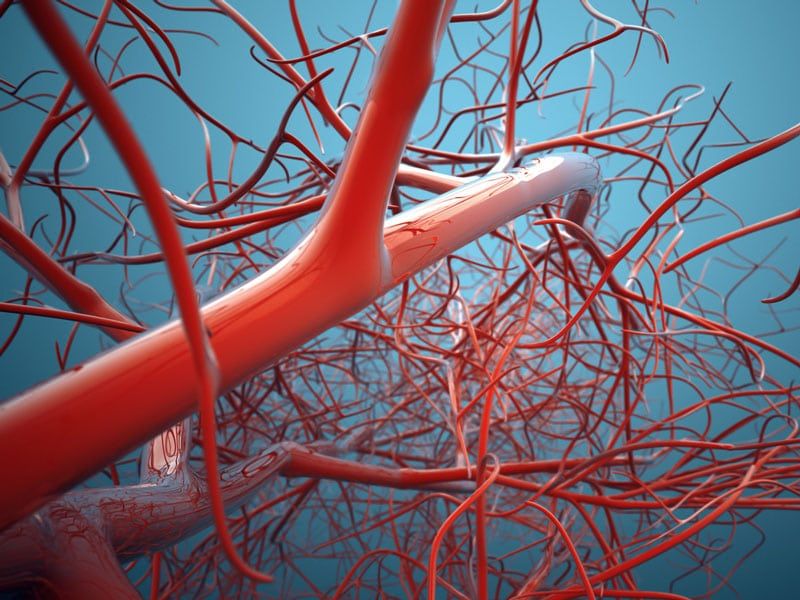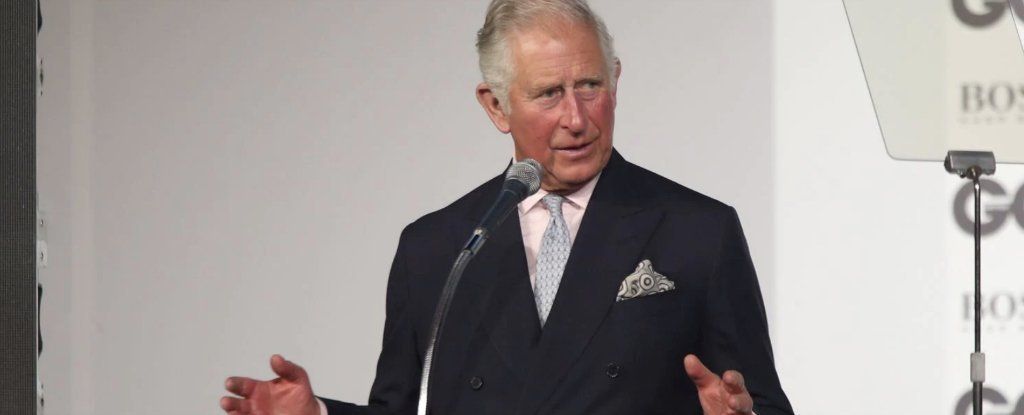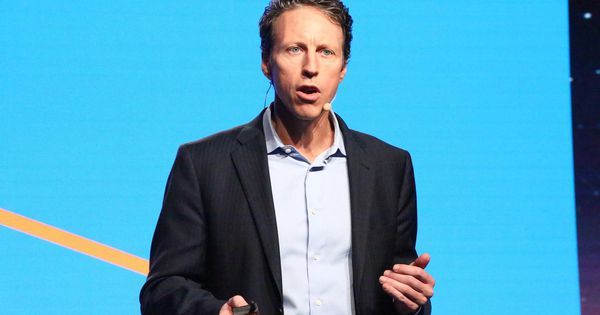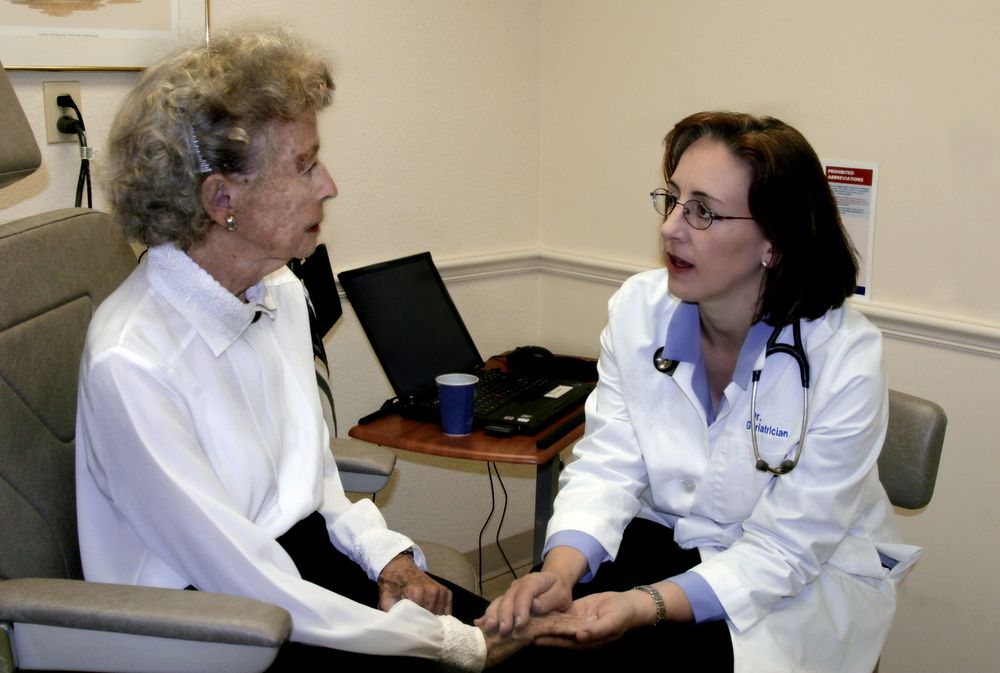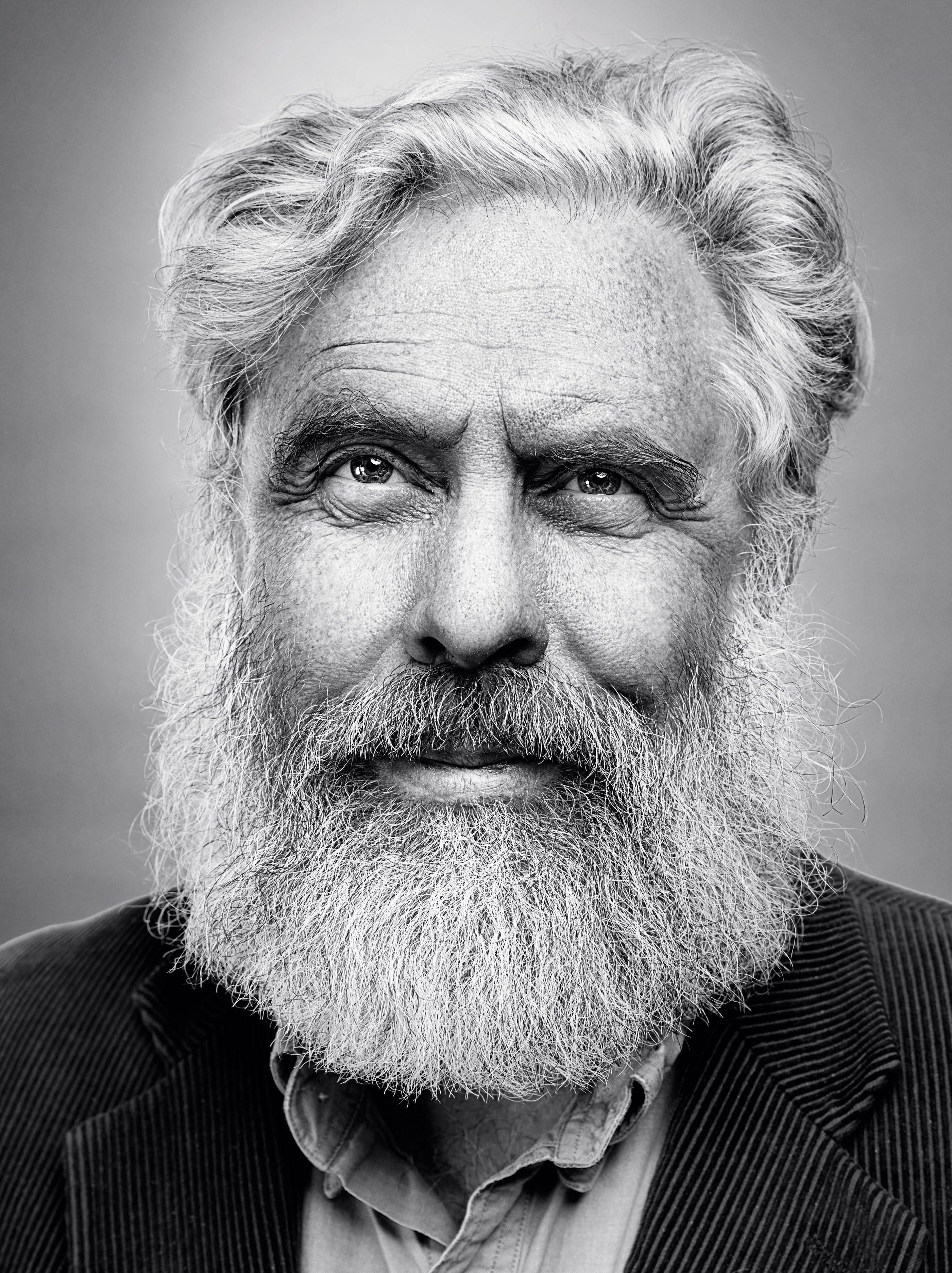ATLANTA—A molecule produced during fasting or calorie restriction has anti-aging effects on the vascular system, which could reduce the occurrence and severity of human diseases related to blood vessels, such as cardiovascular disease, according to a study led by Georgia State University.
“As people become older, they are more susceptible to disease, like cancer, cardiovascular disease and Alzheimer’s disease,” said Dr. Ming-Hui Zou, senior author of the study, director of the Center for Molecular and Translational Medicine at Georgia State and a Georgia Research Alliance Eminent Scholar in Molecular Medicine. “Age is the most important so-called risk factor for human disease. How to actually delay aging is a major pathway to reducing the incident and severity of human disease.
”The most important part of aging is vascular aging. When people become older, the vessels that supply different organs are the most sensitive and more subject to aging damage, so studying vascular aging is very important. This study is focused on vascular aging, and in old age, what kind of changes happen and how to prevent vascular aging.”
